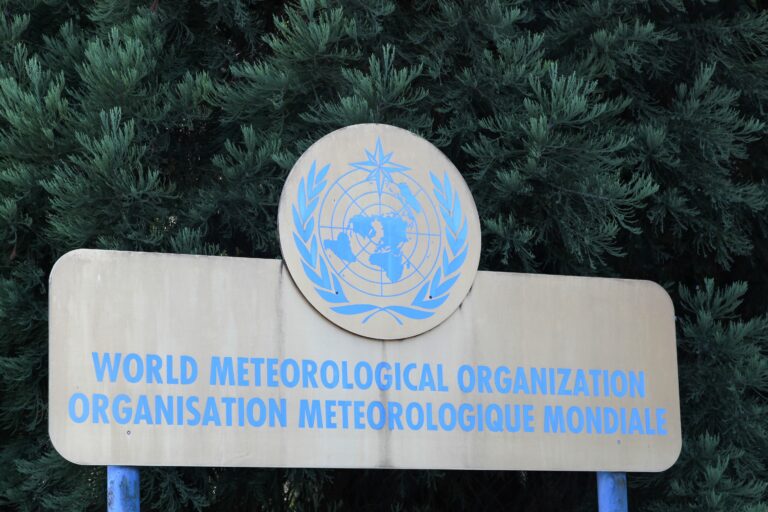The World Meteorological Organization (WMO) is concerned about the impact of the COVID-19 pandemic on the quantity and quality of weather observations and forecasts, as well as atmospheric and climate monitoring.
WMO’s Global Observing System serves as a backbone for all weather and climate services for 193 WMO member states and territories. It provides observations on the state of the atmosphere and ocean surface from land-, marine- and space-based instruments. This data is used for the preparation of weather analyses, forecasts, advisories and warnings.
WMO secretary-general, Petteri Taalas, says, “National Meteorological and Hydrological Services continue to perform their essential 24/7 functions despite the severe challenges posed by the Coronavirus pandemic.
“We salute their dedication to protecting lives and property, but we are mindful of the increasing constraints on capacity and resources.
“The impacts of climate change and growing amount of weather-related disasters continue. The COVID-19 pandemic poses an additional challenge and may exacerbate multi-hazard risks at a single country level. Therefore it is essential that governments pay attention to their national early warning and weather observing capacities despite the COVID-19 crisis,” he added.
Large parts of the observing system, such as satellites and many ground-based observing networks, are either partly or fully automated so are expected to continue functioning for several weeks before repairs and maintenance are needed.
Some parts of the observing system are already affected, most notably the huge decrease in air traffic as in-flight measurements of ambient temperature, wind speed and direction are a important for both weather prediction and climate monitoring.



